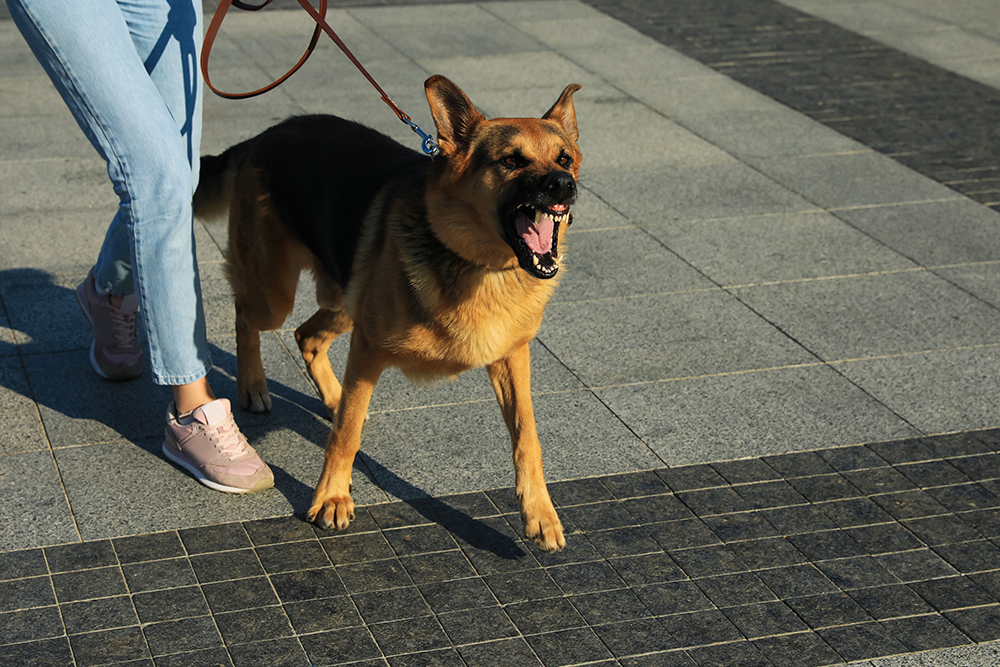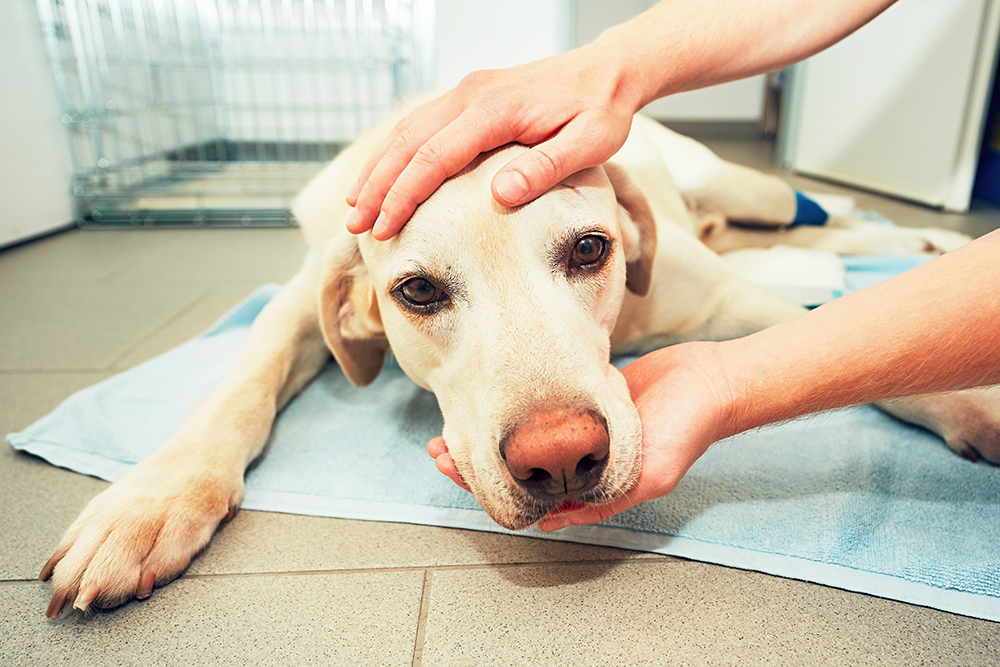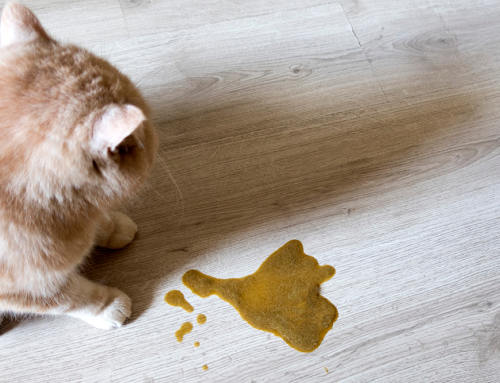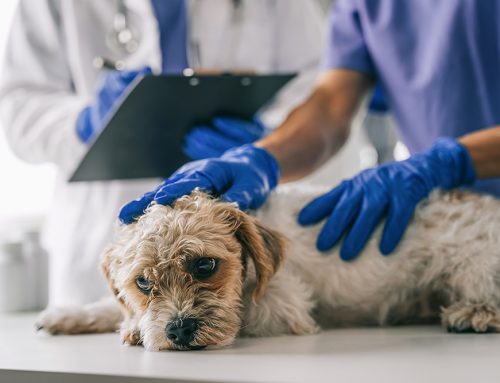Understanding Stress and Anxiety in Pets: A Guide for Lakewood Ranch Pet Owners
Recognizing Pet Stress and Anxiety
As a pet owner, identifying stress and anxiety signs in your animals is crucial to their health and happiness. Pets, much like humans, can experience these issues, which may affect their overall well-being. Early detection and management can significantly improve their quality of life. At Wellness Animal Hospital in Lakewood Ranch, FL, we are here to help you understand and manage these issues effectively. Learn more about us.
Signs of Stress and Anxiety in Dogs
Dogs can display several indicators of stress or anxiety:
- Physical signs: Watch for behaviors such as pacing, trembling, or excessive drooling. These symptoms can be acute responses to stressors, but if they persist, they may lead to more serious health issues like gastrointestinal problems or immune system suppression.
- Behavioral changes: Destructiveness, aggression towards people or other animals, and unexpected urination or defecation indoors can all be signs. Such behaviors might escalate over time, potentially requiring intensive behavioral therapy.
- Vocalization: Excessive barking, howling, or whining is often a plea for help. Chronic vocalization can lead to vocal cord strain or social issues within a community setting, possibly isolating the pet and owner.
Understanding these signs is the first step in helping your dog. For more on behavioral symptoms, read this article.
Recognizing Signs of Stress and Anxiety in Cats
Cats, although typically more stoic, also show signs of stress and anxiety:
- Hiding or withdrawal: If your cat is suddenly less visible, it could indicate discomfort. Chronic hiding can lead to social withdrawal, affecting the cat’s quality of life and bond with the owner.
- Changes in grooming habits: Over-grooming or neglecting grooming can be a signal. Prolonged neglect can cause skin infections, while over-grooming might result in bald patches or skin sores.
- Aggression: New aggression towards other pets or humans can indicate increased anxiety. Persistent aggression may require professional intervention to prevent injury and restore household harmony.
For more on feline anxiety and skin conditions related to stress, visit our page.
Causes of Stress and Anxiety
Understanding the root causes of stress and anxiety in pets is essential:
- Health-related issues: Conditions like chronic pain or genetic abnormalities can cause significant distress. For instance, arthritis in older pets can lead to behavioral changes mistaken for anxiety.
- Environmental triggers: Loud noises, a new pet or family member, or moving to a new home can all be stressful. Consistent exposure without mitigation can lead to chronic anxiety, affecting a pet’s physical health over time.
For more information on genetic abnormalities, click here.
Helping Your Pet Manage Stress and Anxiety
Creating a Safe Environment
Ensuring your home is a secure and comforting environment can greatly reduce stress levels:
- Provide a dedicated space where your pet can feel safe and relaxed. Consider using crates or cozy corners as safe havens that mimic a natural den-like environment.
- Minimize loud noises and maintain a calm atmosphere. Use soundproofing techniques or play gentle music to mask distressing sounds like thunderstorms or fireworks.
Behavioral Therapies and Training
Behavioral modification techniques and professional training can help manage anxiety:
- Consulting with a behaviorist can provide tailored strategies addressing your pet’s specific needs. Techniques such as counter-conditioning and desensitization can gradually reduce anxiety triggers.
- Learn more about behavior therapy options.
Nutritional Support and Supplements
Diet and nutrition play a critical role in managing anxiety:
- Incorporate diets that support overall well-being and consider supplements that aid in reducing stress. Omega-3 fatty acids, for example, are known for their calming effects.
- For guidelines on nutrition and weight management, visit this resource.
Consulting a Veterinarian
Knowing when to seek professional help is crucial:
- Persistent signs of stress or changes in behavior are clear indicators. A veterinarian can conduct a thorough examination to rule out underlying medical conditions contributing to anxiety.
- View our team and services.
Advanced Treatment Options
For pets with severe anxiety, more advanced treatments may be necessary:
- Prescription medications can be beneficial. SSRIs or benzodiazepines may be prescribed for severe cases to manage symptoms while other treatments take effect.
- Alternative therapies such as acupuncture or chiropractic care are available. These can be particularly effective for pets with concurrent physical pain issues. Learn about our diagnostic services.
Prevention Tips for Pet Owners
Maintaining routine and consistency can prevent many stress-related issues:
- Establish a daily routine that includes regular feeding times, walks, and quiet time. Consistent schedules can provide a sense of security.
- Regular veterinary check-ups help catch and address issues early. See our health certificates.
Supporting Pet Mental Health

At Wellness Animal Hospital, we are dedicated to supporting the mental health of pets in Lakewood Ranch:
- We offer comprehensive services to address behavioral issues, including regular follow-ups to monitor progress and adjust treatment plans as necessary.
- Contact us today for support and guidance.
FAQs
Q: Can stress and anxiety in pets lead to long-term health issues?
A: Yes, if left untreated, chronic stress and anxiety can lead to various health problems such as a weakened immune response, digestive issues, and long-term behavioral disorders.
Q: How can I identify if my pet’s anxiety is an emergency?
A: Signs of an emergency include extreme aggression, self-harm, refusal to eat, or severe lethargy. If your pet exhibits any of these symptoms, seek veterinary care immediately.
Q: What can I do at home to help manage my pet’s anxiety?
A: Create a safe space, maintain a consistent routine, provide mental stimulation through toys and games, and use calming aids like pheromone diffusers or herbal supplements.
This guide aims to provide valuable information for pet owners, helping them understand and mitigate stress and anxiety in their pets, with the support of Wellness Animal Hospital’s expert team.







Leave A Comment